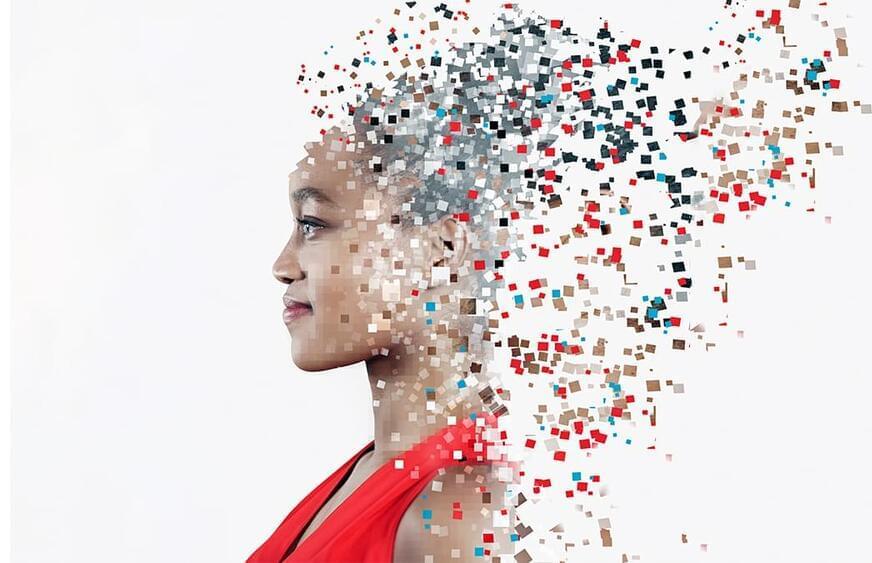The Italian privacy guarantor (GPDP) has imposed a fine of €20,000,000 on Clearview AI for implementing a biometric monitoring network in Italy without acquiring people’s consent.
This decision resulted from a proceeding that launched in February 2021, following relevant complaints about GDPR violations that stemmed directly from Clearview’s operations.
More specifically, the investigation revealed that the American facial recognition software company maintains a database of 10 billion images of people’s faces, including Italians, who had their faces extracted from public website profiles and online videos.






